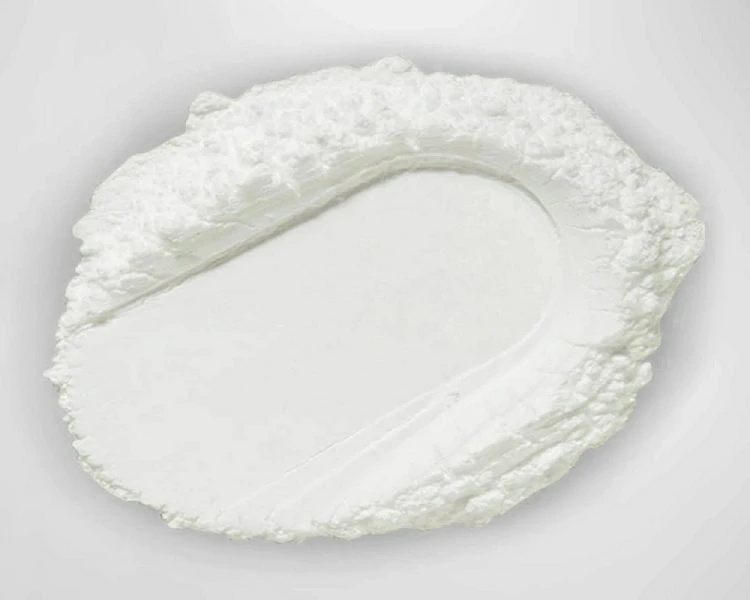Sodium gluconate, a versatile and environmentally friendly compound, has gained increasing attention as an all-purpose cleaning agent. Its unique properties make it a preferred choice for various cleaning applications, while also contributing to sustainability efforts. In this article, we will delve into the diverse uses and benefits of sodium gluconate as a cleaning agent, highlighting its eco-friendliness and effectiveness.
What is Sodium Gluconate?
Sodium gluconate is the sodium salt of gluconic acid, a compound derived from glucose through a simple fermentation process. It is a non-toxic, biodegradable substance that is widely used in the detergent and cleaning industry. This compound exhibits excellent chelating, sequestering, and buffering properties, making it highly effective in cleaning formulations.
Eco-Friendly Properties
One of the most significant advantages of using sodium gluconate as a cleaning agent is its eco-friendly nature. Unlike traditional chemical cleaners that can be harmful to the environment, sodium gluconate is non-toxic and readily biodegradable. This means that it does not pose a threat to aquatic life or ecosystems when it enters water sources. Additionally, its production process generates minimal waste and consumes fewer resources, aligning with sustainable practices.
Versatile Applications
Sodium gluconate‘s versatility makes it suitable for a wide range of cleaning tasks. It is commonly used in detergents, dishwashing liquids, surface cleaners, and industrial cleaning formulations. Its chelating properties enable it to effectively bind to metal ions, preventing them from interfering with the cleaning process. This makes it particularly useful in formulating hard surface cleaners and descaling agents for industrial equipment.
Effective Scale and Stain Removal
Scale and stains caused by hard water are common challenges in cleaning various surfaces. Sodium gluconate effectively addresses these issues by sequestering the calcium and magnesium ions present in hard water, thereby preventing the formation of scale and improving the overall cleaning performance. This makes it a valuable component in dishwasher detergents and bathroom cleaners, where the removal of mineral deposits is essential.
pH Buffering Capabilities
Another notable property of sodium gluconate is its pH buffering capabilities. It helps maintain the stability of cleaning solutions by regulating their acidity or alkalinity. This is particularly beneficial in formulating multi-purpose cleaners and detergents, as it ensures that the products remain effective across a wide range of water hardness and pH levels.
Safe for Use in Food Industry
The safety and non-toxic nature of sodium gluconate make it suitable for cleaning applications in the food industry. It is commonly used in cleaning and sanitizing solutions for food processing equipment, kitchen surfaces, and utensils. Its ability to inhibit the growth of bacteria and remove organic residues makes it an ideal choice for maintaining hygienic conditions in food-related environments.
Contribution to Sustainable Practices
As the focus on sustainability continues to grow, the use of sodium gluconate aligns with the principles of environmental responsibility. By choosing cleaning products containing sodium gluconate, consumers and businesses can contribute to reducing the environmental impact of their operations. Its biodegradability and low toxicity ensure that it does not leave behind harmful residues that could jeopardize ecosystems or human health.
Future Innovations and Research
The potential of sodium gluconate as a sustainable cleaning agent has sparked interest in further research and innovations. There is ongoing exploration of its applicability in new formulations, such as eco-friendly laundry detergents, all-purpose cleaners, and specialty industrial cleaning products. Additionally, efforts are being made to optimize its production processes to minimize energy consumption and waste generation further.
In conclusion, sodium gluconate stands out as an eco-friendly all-purpose cleaning agent with a wide range of applications and benefits. Its non-toxic nature, biodegradability, and effectiveness in scale removal and pH buffering make it a valuable ingredient in cleaning formulations. As the demand for sustainable cleaning solutions continues to rise, sodium gluconate is poised to play a pivotal role in fostering environmentally conscious practices within the cleaning industry.
In summary, the use of sodium gluconate as a cleaning agent represents a positive step towards achieving cleaner and more sustainable living environments while minimizing the impact on the planet.
While hydrogen storage applications of vanadium hydride
.webp)
